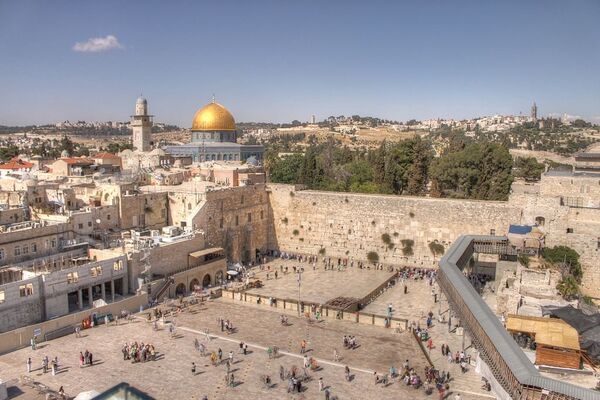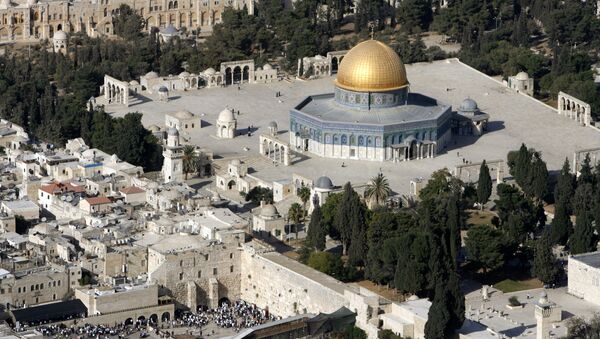A team of archaeologists led by researchers at the University of North Carolina at Charlotte have unearthed 2,600-year-old artefacts, containing arrowheads and gold jewellery at Mount Zion, Jerusalem, with the find being hailed as proof of the “historical conquest of the city by Babylon”, says a press release by the researchers via Eureka Alert.
The layers of burnt wood, ash, pottery shards, Scythian arrowheads, and gold jewellery traditional for that era, coupled with the location, all point to the historical conquest, claim the experts.
The announcement of the find comes several weeks after the Mount Zion Archaeological Project team revealed they’d uncovered tangible proof from the siege of Jerusalem during the First Crusade - the second significant discovery from the 2019 season.
“We know where the ancient fortification line ran, so we know we are within the city,” says UNC Charlotte professor of history Shimon Gibson, adding:
“We know that this is not some dumping area, but the south-western neighbourhood of the Iron Age city – during the 8th century BCE the urban area extended from the 'City of David' area to the southeast and as far as the Western Hill where we are digging.”
Admitting these were other possible explanations for the ash they found, the team say the uniqueness of this find points to a Babylonian siege, as combination of an ashy layer containing artefacts, arrowheads, and particular ornaments is indicative of “devastation and destruction”.
“Nobody abandons golden jewellery and nobody has arrowheads in their domestic refuse,” says Gibson, adding that artefacts like the Scythian-style bronze and iron arrowheads point to a specific period in history.
“The arrowheads are known as “Scythian arrowheads” and have been found at other archaeological conflict sites from the 7th and 6th centuries BCE. They are known at sites outside of Israel as well. They were fairly commonplace in this period and are known to be used by the Babylonian warriors,” said Gibson.
The team maintains the find points to the historical conquest of the city by Babylon, since the only major destruction there was in Jerusalem for this period was the conquest of 587/586 BCE.

As detailed in the biblical Book of Kings, the Babylonians laid siege to Jerusalem for months, eventually broke through the walls and burned “all the houses of Jerusalem”, including Solomon’s Temple.
The team has yet to excavate the building associated with the newly-unearthed “destruction layer”, which is likely to happen in the 2020 season.
If the discovery really is what it’s thought to be, the researchers say it would be direct evidence of scenes detailed in the Hebrew Bible.


